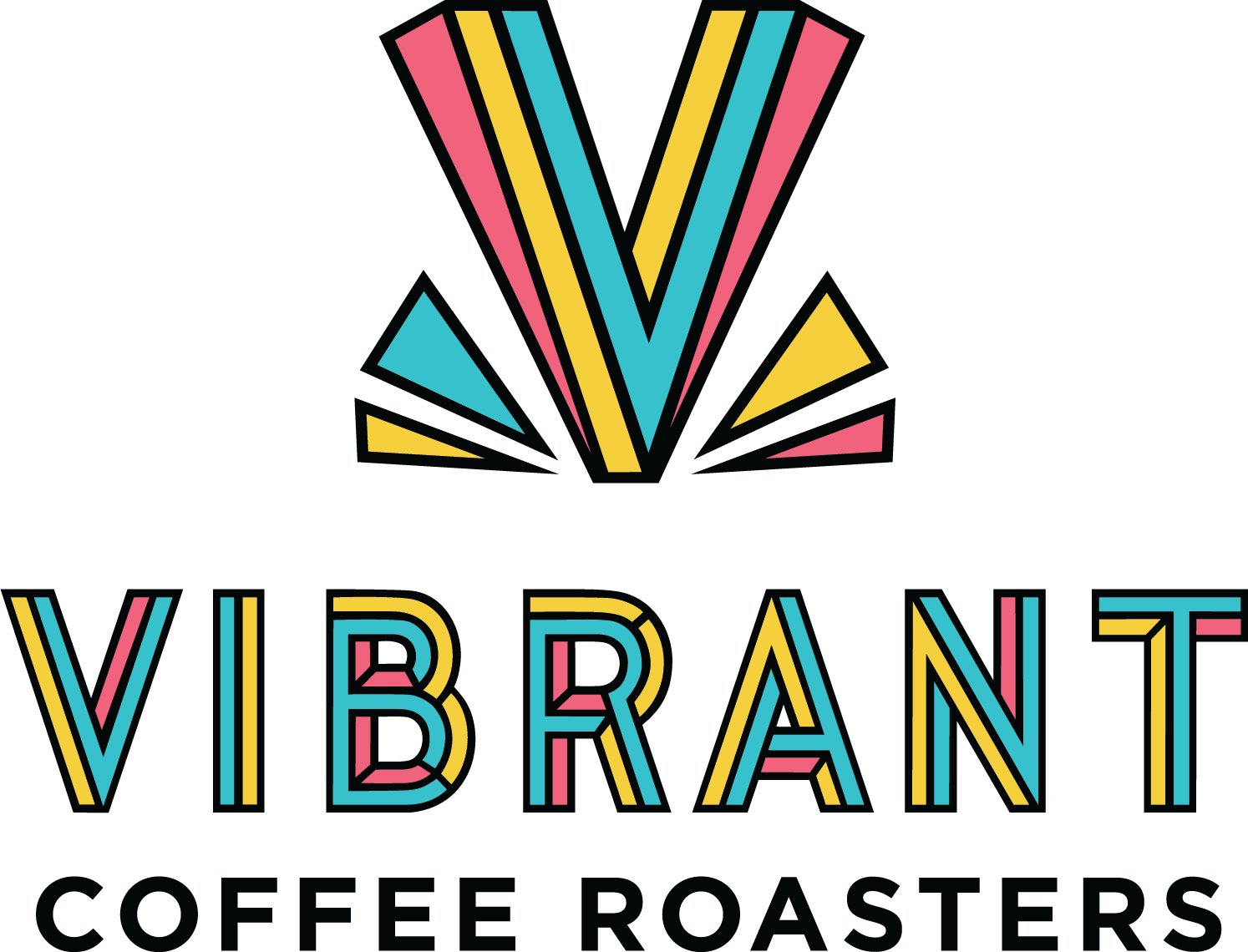Coffee Certifications
Let’s talk certifications! We feel like there are a lot of misconceptions about the different certifications that coffees have (or don’t have), so let’s dive in.
Up first, organic. This is simply coffee that is grown and processed entirely without the use of synthetic pesticides, herbicides, and fertilizers. We’d like to emphasize that in order for a United States Department of Agriculture (USDA) Organic sticker to be placed on a bag of coffee, BOTH the growing AND the processing (which in this case also means roasting) must not use any synthetic pesticides, herbicides, and fertilizers. The certification that the beans were grown and initially processed organically is generally done by a third party agency that is accredited by the USDA as most coffee is grown outside the United States. Someone, either an individual farmer, or a co-op, or a company that runs a washing station, must pay the third party agency in order to get the certification. This means that plenty of coffee is grown organically but not certified as no one wants to, or can afford, the certification.
But that isn’t the end of the story - cross-contamination must also be prevented, so either the coffee roaster must be cleaned after roasting any conventional (non-organic) coffee before roasting organic coffee, or a purge batch of organic coffee must be roasted which then cannot be sold as organic as it may have picked up traces of non-organic contaminants. And, of course you have to pay for the USDA to inspect your facility and give you the certification.
We do purchase some certified organic coffees, but we have not shelled out the cash for our roastery and processes to be certified organic, so you won’t find a USDA Organic sticker on any of our coffees, even though we roast our organic coffees first (after cleaning the roaster) so they are not picking up any non-organic contaminants. Frankly, whether or not it is better for you to drink fully certified organic coffee is somewhat debatable - the amount of any synthetic pesticides/herbicides/fertilizers that actually end up in your cup if you are drinking conventional coffee is very low and the risk of any health complications from it is generally considered to be very low.
Organic coffees certainly don’t taste any better than conventional coffees, but it does definitely help the planet for the growing and processing to be done organically. It minimizes chemical pollution and soil erosion, and promotes carbon sequestration and biodiversity.
We view Bird Friendly coffee as a kind of subset of organic coffee as Bird Friendly coffee must be organic and also be grown in a habitat which is good for birds. It goes a little further than that as there are specific requirements on canopy coverage, native trees, and even a specific minimum height for the trees. The Smithsonian Migratory Bird Center does the certifying. Like the standard organic certification, this is obviously great for the environment but doesn’t typically improve cup quality and the extra hurdle of yet another organization that has to issue a certification means that a lot of coffees that would qualify are not actually certified.
Rainforest Alliance. This is a great certification which basically means that the coffee production has been done in a way that is both environmentally and socially responsible. Broken down further, on the environmental side, this means that deforestation is minimized, water resources are carefully managed, and healthy ecosystems and biodiversity are emphasized. On the social side, it means that fair wages are paid to the workers, working conditions are safe, and improving the livelihood of the community is prioritized. This is of course all wonderful, but, like the organic certification, it isn’t an indicator of quality or flavor in the cup.
Fair Trade. This is pretty similar to Rainforest Alliance in that it promotes good working conditions, environmental sustainability, and community development, but adds in an economic factor: a minimum price. The minimum price is a safety net for growers in the case of market fluctuations driving down the price of coffee. Coffees that are Fair Trade certified tend to be a little bit more expensive for equivalent quality than coffees that are not Fair Trade certified. There have been some allegations of corruption, mislabeling, poor working conditions even at certified farms, and the certification actually limiting farmers’ earning potential as they might just be paid the standard Fair Trade minimum rather than a quality-based premium. The certification can also incentivize farmers to produce poor quality coffee as the minimum price is guaranteed, and many smaller farmers do not have the resources to get the certification even if they follow all the Fair Trade-required practices.
Finally, UTZ. UTZ has become a part of Rainforest Alliance so this certification is being phased out. Prior to the merger of these certifications, UTZ was in fact pretty similar to the old Rainforest Alliance certification, with some minor differences. The best of the old UTZ and Rainforest Alliance now make up the “new” Rainforest Alliance certification described above.

